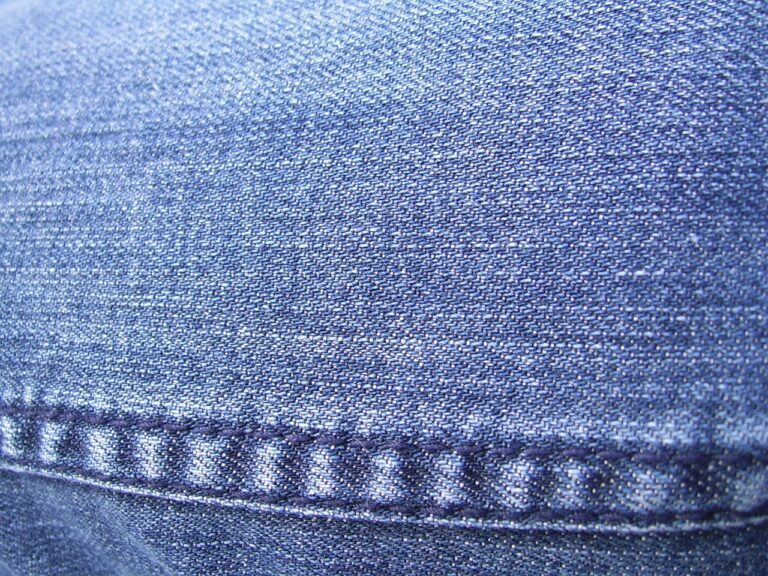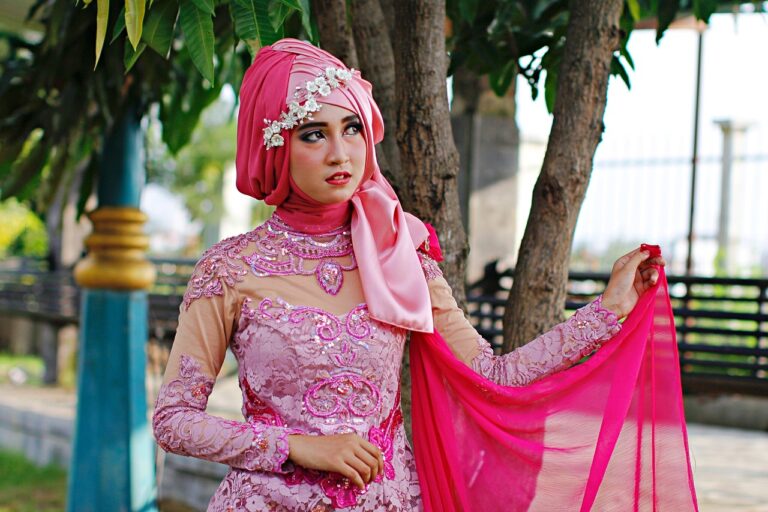Fashion and Sustainable Fashion Advocacy: Campaigns and Movements for Ethical Fashion
When it comes to sustainable fashion, one of the key areas of focus is the environmental impact of clothing production. The fashion industry is known to be one of the most polluting industries globally, with practices such as excessive water usage, chemical pollution, and garment waste contributing to environmental degradation. By understanding the impact of these practices on the environment, we can make more informed choices as consumers and industry professionals to mitigate these negative effects.
Moreover, the production of clothing involves various stages such as growing raw materials, manufacturing textiles, dyeing fabrics, and transportation, all of which have a significant environmental footprint. For example, conventional cotton farming is known to use large amounts of water and pesticides, contributing to water pollution and biodiversity loss. By being aware of these processes and their impacts, we can work towards promoting more sustainable practices in the fashion industry, such as utilizing organic and recycled materials, reducing energy consumption, and implementing ethical labor practices.
Understanding the environmental impact of clothing production is crucial in promoting sustainable fashion
Excessive water usage, chemical pollution, and garment waste are common practices in the fashion industry that contribute to environmental degradation
The various stages of clothing production, from growing raw materials to transportation, have a significant environmental footprint
Conventional cotton farming uses large amounts of water and pesticides, leading to water pollution and biodiversity loss
Promoting sustainable practices in the fashion industry includes using organic and recycled materials, reducing energy consumption, and implementing ethical labor practices.
The Rise of Ethical Fashion: From Niche to Mainstream
The concept of ethical fashion, once considered niche in the fashion industry, has undergone a significant transformation in recent years. What was once seen as a small, idealistic movement has now gained widespread attention and acceptance among consumers and brands alike. This shift towards ethical fashion has been influenced by a growing awareness of the environmental and social impact of the fashion industry.
Consumers are increasingly seeking out brands that prioritize sustainability and ethical practices, leading to a rise in demand for ethically made clothing. As a result, more fashion companies are now incorporating ethical practices into their production processes and marketing strategies. This shift towards ethical fashion is not only reshaping the industry but also challenging traditional norms and setting new standards for transparency and accountability.
Prominent Advocates for Sustainable Fashion
Many notable individuals and organizations have emerged as strong advocates for sustainable fashion in recent years. Designers like Stella McCartney and Eileen Fisher have been at the forefront of incorporating eco-friendly practices into their brands, promoting ethical sourcing, fair labor practices, and innovative sustainable materials. Their commitment to creating fashion that is both stylish and environmentally responsible has set a powerful example for the industry.
In addition to designers, activists such as Livia Firth, the founder of Eco-Age and the driving force behind the Green Carpet Challenge, have played a key role in raising awareness about the environmental and social impacts of the fashion industry. By leveraging their platforms to advocate for transparency and sustainability within the fashion supply chain, these individuals have sparked crucial conversations and inspired consumers to make more conscious choices when it comes to their fashion purchases.
What is sustainable fashion?
Sustainable fashion refers to clothing, shoes, and accessories that are produced in an environmentally and socially responsible manner, taking into account the entire lifecycle of the product.
Why is sustainable fashion important?
Sustainable fashion is important because the fashion industry has a significant impact on the environment, from the production of raw materials to the disposal of clothing. By choosing sustainable fashion, we can reduce this impact and promote a more ethical and environmentally friendly industry.
Who are some prominent advocates for sustainable fashion?
Some prominent advocates for sustainable fashion include Stella McCartney, Emma Watson, and Livia Firth. These individuals use their platforms to raise awareness about the importance of ethical and sustainable fashion practices.
How can consumers support sustainable fashion?
Consumers can support sustainable fashion by choosing to purchase clothing from brands that prioritize ethical and environmentally friendly practices. They can also educate themselves on the impact of the fashion industry and make more conscious shopping choices.







